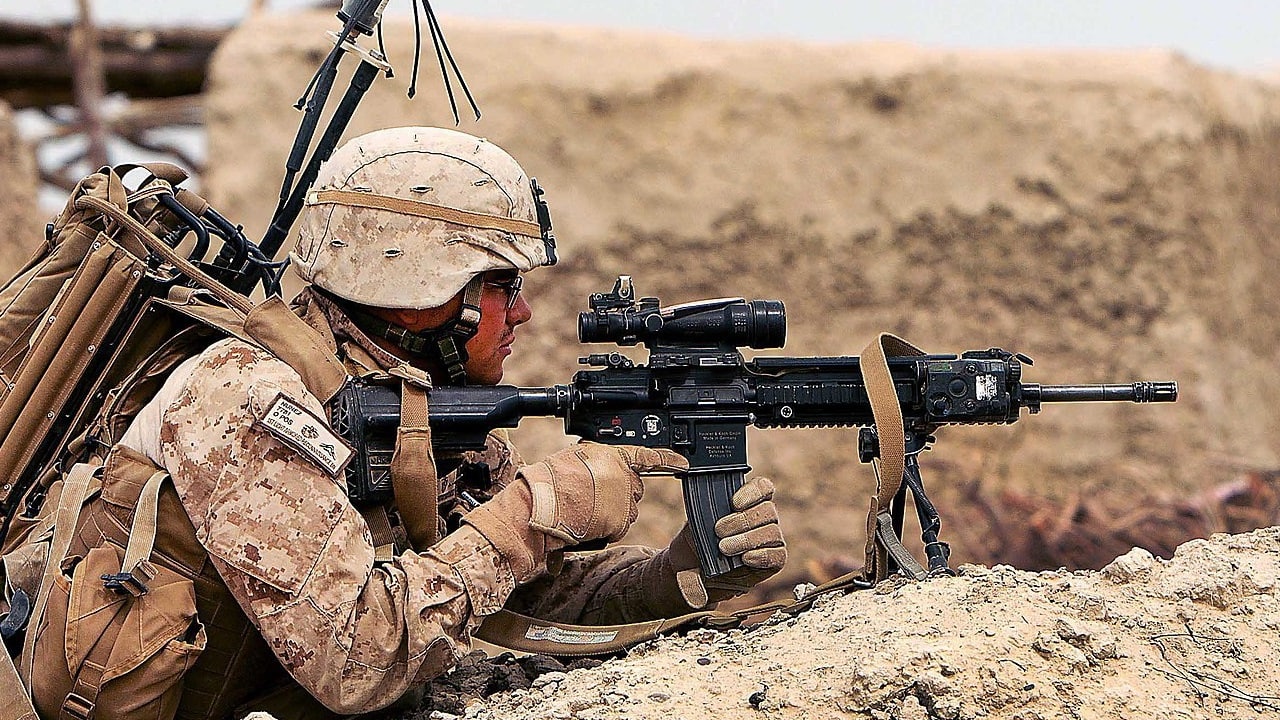Calls are mounting for a special inspector general to monitor aid to Ukraine. Congress created a Special Inspector General for Afghanistan Relief (SIGAR) in 2009 to examine how recovery funds given to the Afghan government were being spent. Many are calling for a similar office to be created for Ukraine, in order to monitor corruption.
A piece written by Col. Patrick Sullivan, director of the Modern War Institute at West Point, says the answer to those calls should be yes.
“The recent removal of Ukraine’s defense minister reminds us of an important, if uncomfortable, reality—Ukraine has a corruption problem,” Sullivan writes. “It would also be a mistake to conflate the Ukrainians’ well-earned status as noble warriors for a righteous cause with nobility in the whole; righteousness and corruption can coexist. These are mistakes that the United States made in Afghanistan, an experience which shows the existential danger of repeating them in Ukraine.”
Sullivan contends that American leaders knew about the problem of corruption in Afghanistan from the beginning, just as they do in Ukraine. However, there does not seem to be any more urgency in the U.S. government to get a grasp on possible mishandling of relief funds or weapons than there was in Afghanistan.
“Direct assistance is basically what is occurring in Ukraine, with similar pathologies to Afghanistan that may allow corruption to grow unchecked. Much like the reckless spending of the Obama administration’s surge, the United States and NATO are rushing arms and material assistance into Ukraine with less-than-ideal oversight and end-use monitoring,” Sullivan writes. “While speed and volume of these deliveries are probably acceptable measures of effectiveness for what the Ukrainians need on the battlefield, they aggravate what the coalition will need to stay intact and what domestic audiences in the United States and other NATO countries will need to continue to support the assistance effort.”
Top Afghan General Sees Echoes of Afghanistan in Ukraine
Afghanistan’s exiled top general told 19FortyFive that he sees U.S. efforts to aid Ukraine from a lens of first-hand experience.
“I believe the USA is repeating the same pattern as they did in Afghanistan,” said Gen. Haibatullah Alizai, who was chief of staff of the Afghan National Army when Kabul fell to the Taliban. “In Ukraine, they should replace the leadership with [those] from intelligence or military who [are] not corrupt.”
Alizai says the U.S. failed Afghanistan by providing inadequate logistical support, and that it provided uneven training to Afghan soldiers that did not reflect needs on the ground.
Alizai studied in some of the most advanced war colleges in the West, including the UK’s Joint Services Command and Staff College. He commanded Afghan Special Forces soldiers in fierce combat with al Qaeda and the Taliban. This gives him a unique perspective on the war in Ukraine.
“The American bureaucracy led Afghanistan to failure. I still remember that Americans were looking to Afghanistan as a normal situation country regardless of the critical situation on the ground with logistical support strategy, including advanced training,” Alizai said. “Now in Ukraine, the same thing is happening. The Ukrainians need the logistics and support today, but the [U.S.] would plan the supply for next year, which will be too late.”
He notes that the Afghan army needed airpower and support for troops that operated in areas of Afghanistan where not even the most hardened American or NATO soldier would go without air support.
The Afghan army repeatedly asked for night-operations training. The requests started in 2014, but nothing was approved until it was too late.
“Then we fought for it in 2017-2018, and 2019, then [we] got the night airborne operation training in 2019. [That] was almost too late,” he said. “By then, the Taliban got … stronger and the airpower and training was not [adequate for the] situation.”
He sees a similar dynamic in play in Ukraine.
Lessons From Afghanistan Forgotten
Incompetence was not just an Afghan thing. It was also a very American matter.
A 2016 SIGAR report noted that endemic corruption undermined the American effort to rebuild Afghanistan following the U.S. and NATO intervention that began in 2001.
“Corruption undermined the U.S. mission in Afghanistan by fueling grievances and channeling support to the insurgency,” the report said. “The U.S. government did not place a high priority on the threat of corruption in the first years of the reconstruction effort.”
Sullivan sees the same scenario unfolding once more in Ukraine.
“We are at the end of the beginning in Ukraine. The time is now to address the corruption problem through the proven special inspector general model. It is unlikely that there will be another opportunity,” Sullivan writes.
In the meantime, Pentagon Inspector General Robert Storch will oversee all Ukraine assistance in response to calls from members of Congress.
John Rossomando is a defense and counterterrorism analyst and served as Senior Analyst for Counterterrorism at The Investigative Project on Terrorism for eight years. His work has been featured in numerous publications such as The American Thinker, The National Interest, National Review Online, Daily Wire, Red Alert Politics, CNSNews.com, The Daily Caller, Human Events, Newsmax, The American Spectator, TownHall.com, and Crisis Magazine. He also served as senior managing editor of The Bulletin, a 100,000-circulation daily newspaper in Philadelphia, and received the Pennsylvania Associated Press Managing Editors first-place award for his reporting.
From the Vault
‘Vacuum Bombs Destroyed’: Ukraine Footage Shows Putin’s Thermobaric Rockets Destroyed
BOOM! Ukraine Video Shows Precision Strike on Russian Air-Defense System

